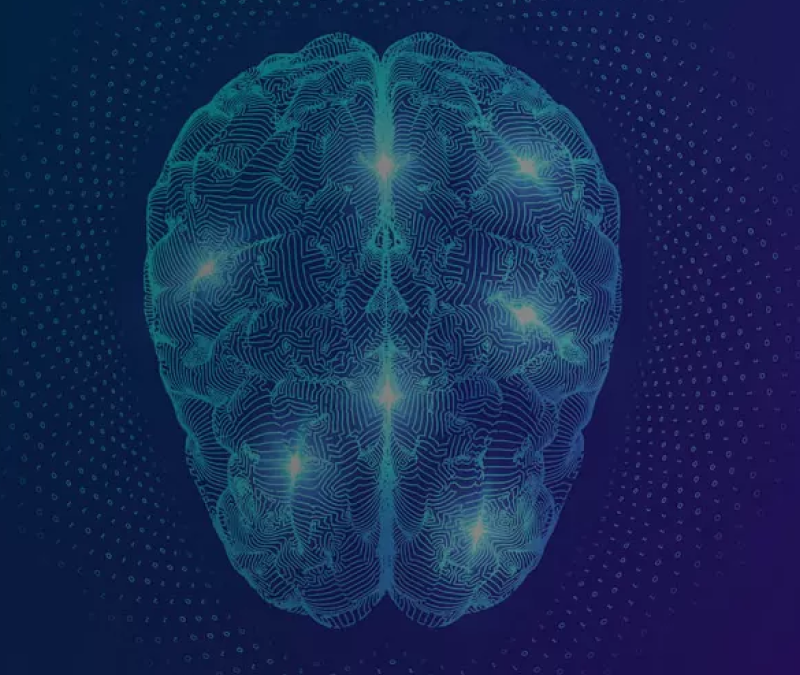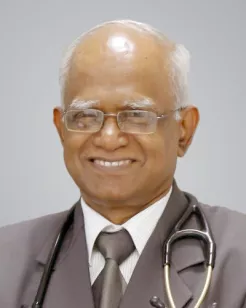The department of Neurology offers state of the art, evidence based clinical practice to the needy clientele. it has eminent and experienced Neurologists on it roll. It has a unique comprehensive stroke care centre rendering yeomen service to stroke victims for their speedy and better recovery. It offers 24 *7 emergency stroke management with intravenous thrombolysis and endovascular mechanical thrombectomy with results comparable to the western countries. intervention of subarachnoid haemorrhage by coiling is performed regularly. Movement disorder patients are offered specialised care with Botulinum toxin and medical management. The consultants also deliver telemedicine care to patients who cannot come to hospital. The department runs a DNB course for the last 3 years. Teaching activities are carried out regularly.
Neurology




